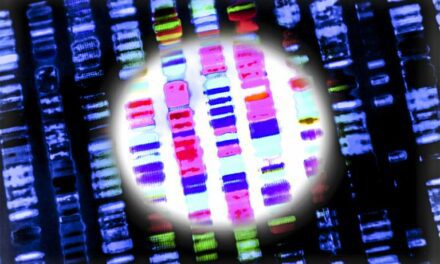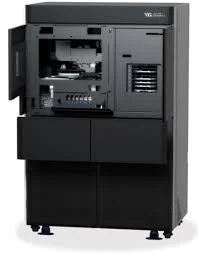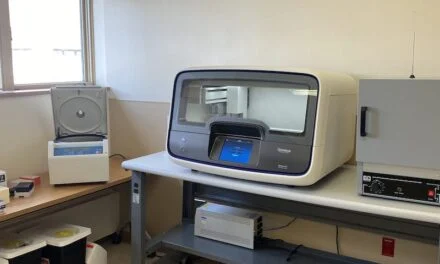PerkinElmer, Inc. announced the availability of ultrarapid whole genome sequencing (urWGS) through PerkinElmer Genomics, which provides physicians with comprehensive results in five days to help inform clinical management and improve outcomes for critically ill patients in neonatal and pediatric intensive care units (NICUs and PICUs).
With many genetic diseases being chronic and progressive in nature, reducing the time to reaching an accurate diagnosis can eliminate unnecessary procedures, initiate treatment, and improve clinical outcomes.
The PerkinElmer Genomics urWGS offering uses a dried blood spot sample to provide phenotype-driven analysis with a mean coverage of 40x of a patient’s genome. Studies suggest that up to 15% of disease-causing genetic variants may be found in the non-coding regions of the genome, which WGS helps identify. In addition to an analysis of the mitochondrial genome, CNV detection – which identifies deletions, duplications, and other gene- and chromosomal-level events, SMA and a repeat disorders screen – the PerkinElmer urWGS offering includes a StepOne Comprehensive Biochemical Profile.
The StepOne offering screens for more than 70 inherited conditions and disorders, including the Recommended Universal Newborn Screening Panel (RUSP) and many others that may not be found in state-mandated programs.
“Increasingly, whole genome sequencing is proving its value as a first-tier clinical test for many patients, especially in a NICU and PICU where timely clinical decisions are critical for timely intervention,” says Madhuri Hegde, PhD, FACMG, SVP and chief scientific officer, Global Lab Services, PerkinElmer Inc. “By making services such as this urWGS combined with StepOne available to more hospital systems and physicians, our hope is that we may help shorten the diagnostic odyssey for more newborns and their families. With PerkinElmer’s global leadership in newborn screening using dried blood spot card technology, we will continue to enhance urWGS with additional assays.”
As a result of informing and initiating changes in clinical management, rapid WGS tests have been shown to reduce healthcare costs for patients in NICUs and PICUs. Additional benefits of these testing services include the elimination of unnecessary tests and procedures, and reduced length of hospital stays.
Photo: PerkinElmer





